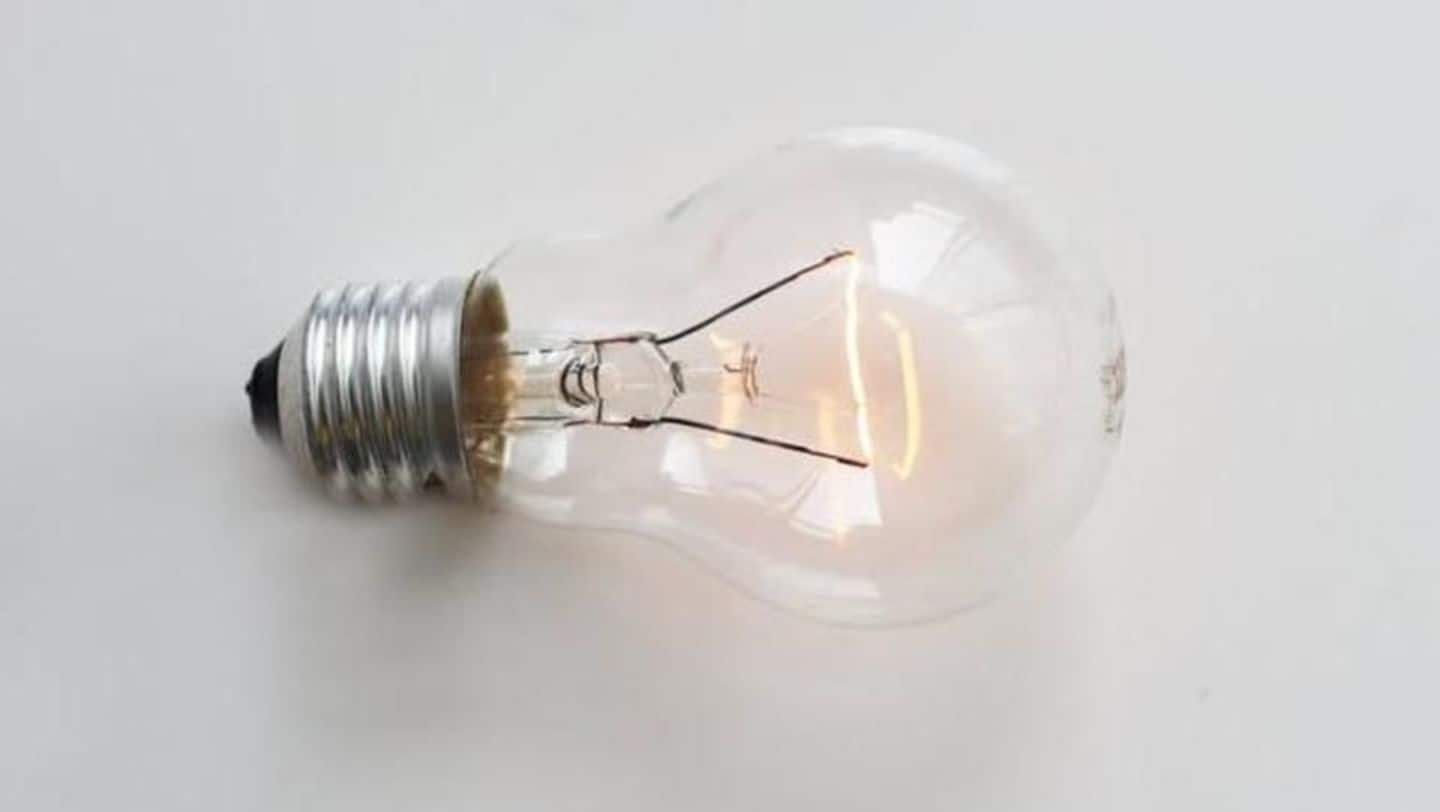
Modi launches 'Saubhagya', a Rs. 16,000cr scheme to electrify India
What's the story
Yesterday, PM Modi announced the launch of Rs. 16,000crore 'Pradhan Mantri Sahaj Bijli Har Ghar Yojana' or 'Saubhagya' which aims to give free electricity to almost 4 crore poor families. Modi said he hopes to electrify all "households by December 2018", all villages will get electrified by December 2017. This effort by Modi could prove to be a game changer in the next general election.
Details
Modi says 'Saubhagya' scheme the cornerstone of 'New India'
Celebrating the birth centenary of RSS's Pandit Deendayal Upadhyaya, Modi said that India was progressing from "power shortage" to "power surplus", and now the 'New India' will have electricity. He said that this scheme will substitute kerosene in India, bettering the quality of life for Indian women. Moreover, the 'Saubhagya' scheme will improve educational, health services, communication, and public safety, he said.
Saubhagya beneficiaries
Who can avail the benefits of 'Saubhagya'?
In order to identify the recipients for the 'Saubhagya' free electricity connections, the government will use the Socio-Economic and Caste Census (SECC) 2011 data. Those un-electrified families not included in the SECC data can also get free electricity connections by paying Rs. 500. This amount will be recovered in 10 installments in the electricity bill by DISCOMs.
Information
Saubhagya for poor but who will bear the cost?
The project will be financed by 60% grant from the Centre, states will offer 10%, and the rest will be capped by loans. For special category states, the Centre will bear 85% of the cost, and the states will provide 5%.
Opposition
No 'Saubhagya' in that: Congress says BJP repackaging UPA schemes
The NCP lashed at the BJP claiming that 'Saubhagya' was "nothing but a repackaging of the UPA government's programme". NCP spokesperson Nawab Malik said that this scheme aped the "Rajiv Gandhi Gramin Vidyut Yojna" launched in 2005 which provided free connections to 2 crore 5 lakh people. He said BJP's original schemes like demonetization, gold scheme, and GST implementation were all disasters.